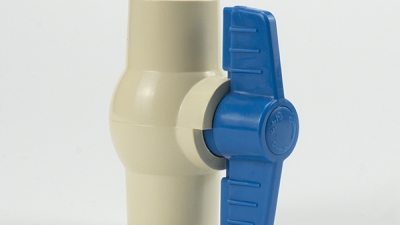7 Essential Tips for Choosing the Best 6 PVC Ball Valves for Your Projects
Table of Contents
- Understanding the Different Types of PVC Ball Valves for Your Projects
- Key Factors to Consider When Selecting PVC Ball Valves
- Evaluating the Quality and Durability of PVC Ball Valves
- Assessing Compatibility with Your Specific Plumbing Systems
- Cost-Effectiveness: Finding the Right Balance for Your Budget
- Where to Buy the Best PVC Ball Valves for Your Needs
- Exploring the Impact of Plastic Valves in Plumbing: A Data-Driven Analysis of CPVC Ball Valve Performance for Water Supply Systems
- FAQS
- Conclusion
- Related Posts
When you're trying to pick the right components for your plumbing or industrial projects, grabbing the best 6 PVC ball valves really matters. It’s all about making sure everything works smoothly and lasts a long time. At Ningbo Pntek Technology Co., Ltd., we totally get how important it is to have high-quality fittings and valves. That’s why we've spent over a decade exporting top-notch plastic pipes and accessories. Our experience in the industry helps us share useful insights about what makes a good PVC ball valve tick. In this blog, I’ll walk you through 7 key tips to help you pick the perfect 6 PVC ball valves for your specific needs. That way, your projects can run efficiently and reliably—without a hitch.
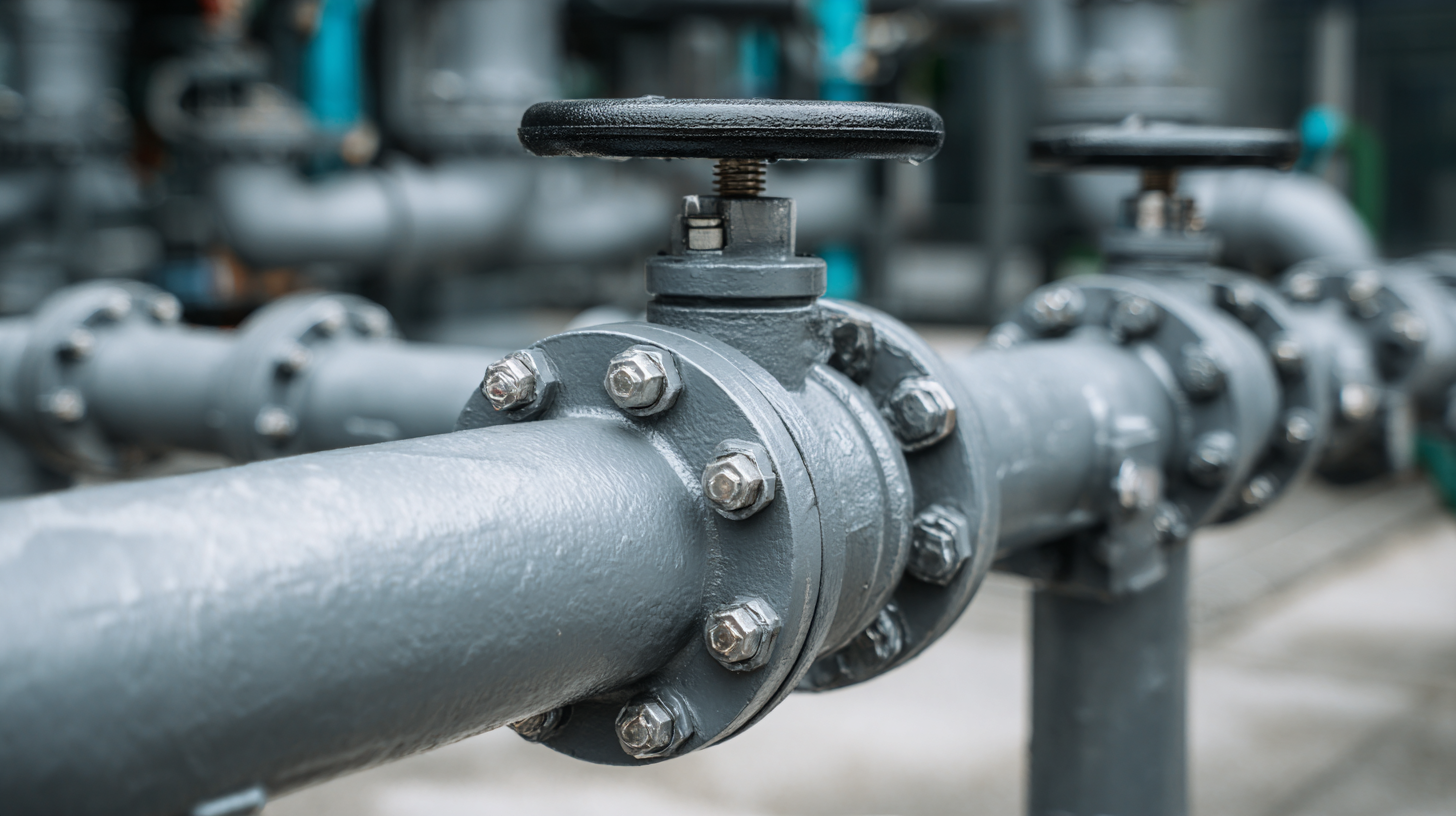
Understanding the Different Types of PVC Ball Valves for Your Projects
When you're trying to pick out the best PVC ball valves for your project, it's pretty important to get a handle on the different kinds you’ll find out there. Basically, PVC ball valves fall into two main groups: standard and full port. The standard ones tend to have a smaller opening, which can sometimes cause a bit of a pressure drop and slow things down a little. On the other hand, full-port valves are generally more efficient—according to a report from ASME, they can boost flow efficiency by about 25%. That’s why they're often the go-to for setups where you need maximum flow with as little resistance as possible.
Plus, the material you choose really makes a difference when it comes to how long your valves will last and how reliable they are. Standard PVC is pretty budget-friendly, but if your application involves harsher conditions or higher temperatures, materials like CPVC or reinforced PVC might be a smarter pick. Data from the Plastic Pipes Institute suggests that using CPVC can increase the system’s durability by up to 30% in environments with aggressive chemicals. Picking the right type and material isn't just about saving money—it's about making sure your system performs well and lasts longer in the long run.
7 Essential Tips for Choosing the Best 6 PVC Ball Valves for Your Projects
| Feature | PVC Ball Valve Type | Applications | Temperature Rating | Pressure Rating |
|---|---|---|---|---|
| Ball Type | Standard PVC | Water distribution | -15°C to 60°C | 150 psi |
| Ball Type | PVC Schedule 80 | Chemical processing | -15°C to 65°C | 150 psi |
| Ball Type | PVC True Union | Pool installation | -15°C to 50°C | 125 psi |
| Ball Type | PVC Electric | Industrial applications | -15°C to 90°C | 100 psi |
| Ball Type | Heavy Duty PVC | Heavy industrial | -20°C to 70°C | 200 psi |
| Ball Type | CPVC Ball Valve | High temperature | 0°C to 95°C | 150 psi |
Key Factors to Consider When Selecting PVC Ball Valves
When you're picking out PVC ball valves for your project, there are a few key things you really want to keep in mind to make sure everything runs smoothly and reliably. First off, take a close look at the pressure and temperature ratings. PVC ball valves come in all sorts of specs, so it’s important to choose ones that truly match what you need — you don’t want something that's not up to the task. Also, it’s a good idea to go for valves from brands or suppliers that have solid quality checks in place because, honestly, this can make a huge difference in avoiding leaks or failures later on.
Another tip? Pay attention to the size and connection type. You wanna make sure these valves will fit perfectly with your existing piping setup. And if you’re looking for some trusted options, it’s worth sticking with experienced suppliers like Ningbo Pntek Technology Co., Ltd. They've been in the game for over ten years, exporting plastics, fittings, and valves. Their experience really counts, and you’ll be more confident knowing you’re getting reliable, durable products.
Oh, and don’t forget about installation and maintenance. Choose valves that come with clear instructions and don’t need complicated tools or procedures to set up. That way, it’ll save you time and hassle when you’re in the middle of your project. By keeping these tips in mind, you'll be on the right track to picking the best PVC ball valves that actually meet your needs without all the headaches.
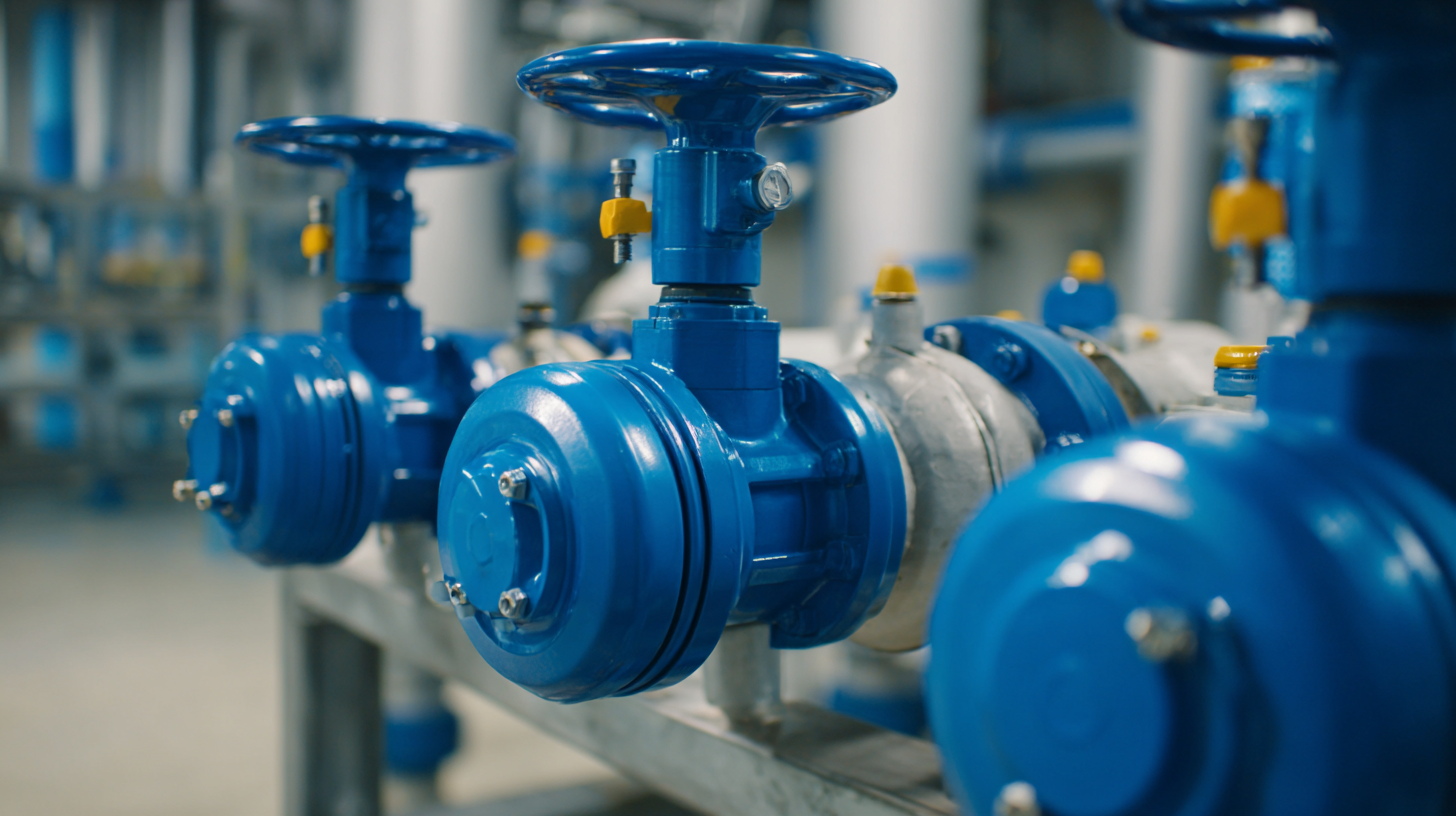
Evaluating the Quality and Durability of PVC Ball Valves
When you're choosing PVC ball valves for your projects, it's super important to pay attention to their quality and how long they’ll last. First off, take a close look at the materials used to build the valves. Good quality PVC is actually resistant to rust and corrosion, and it can handle different pressures and temperatures — so, they tend to last longer in a variety of environments. Also, check if the product has the right certifications; those are like proof that the valve performs well under certain conditions. The design itself matters too—particularly the ball mechanism—it should be solid enough to prevent leaks and avoid breakdowns down the line.
Another thing you shouldn’t overlook is who makes them and what other folks are saying. Well-known brands usually have a proven track record for making reliable, durable stuff, which can take some worries off your plate. Reading reviews and looking at case studies can give you a real-world sense of how these valves hold up, especially in situations similar to your own. So, by keeping these things in mind, you'll be more confident that the PVC ball valves you pick will not only do the job now but also hold up well in the long run.
Quality and Durability Evaluation of PVC Ball Valves
Assessing Compatibility with Your Specific Plumbing Systems
When you're picking out PVC ball valves for your plumbing setup, it's pretty important to check whether they’ll play nicely with the other materials and fluids you're using. PVC is popular because it's resistant to chemicals, so it’s a common choice in many plumbing jobs. But, honestly, things like temperature, pressure, and the type of fluid flowing through can really affect how well it performs. It’s a good idea to look into whether the PVC will hold up over time — for example, some additives in liquids can slowly break down the material and cause issues down the line, which could compromise the system’s durability.
And now, with hydrogen starting to get a lot of attention as an energy source, things get even trickier. Hydrogen’s interaction with materials like PVC really depends on conditions like pressure and temperature. Some studies have shown that when hydrogen’s involved, traditional pipes and fittings might become brittle — which is bad news because it can lead to failures or leaks. Interestingly, many pipes and systems out there weren’t originally designed with hydrogen in mind, so it’s crucial to do a thorough assessment before jumping into using hydrogen in your plumbing. Honestly, thinking about safety and making sure your setup lasts long-term is super important, whether it’s for a home or a commercial project.
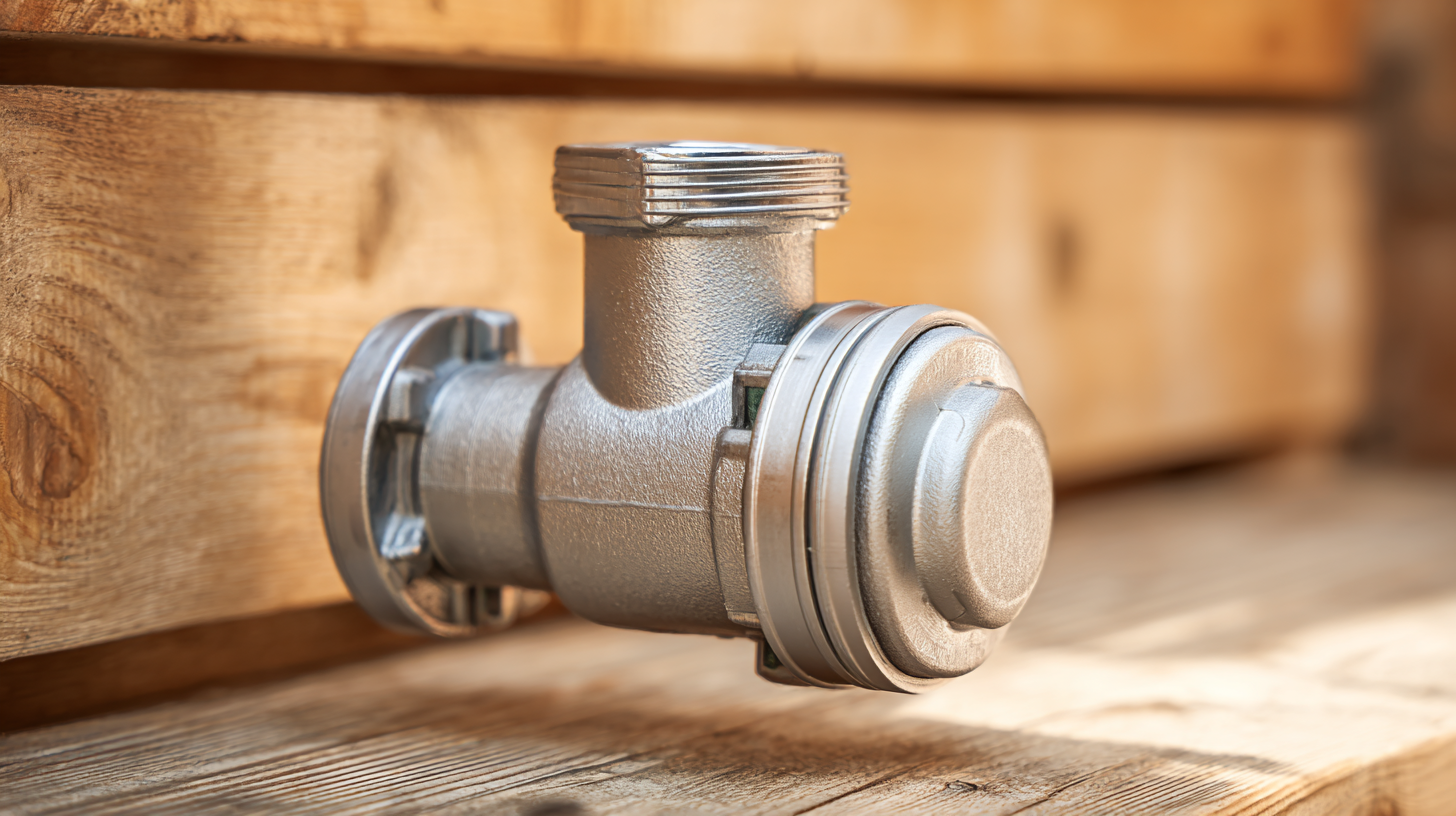
Cost-Effectiveness: Finding the Right Balance for Your Budget
When you're choosing PVC ball valves for your projects, one thing you really want to keep in mind is how cost-effective they are. Finding that sweet spot between your budget and the quality of the valves is key — you want to get the best bang for your buck, after all. Keep in mind that the price tag on a valve doesn’t always tell the full story when it comes to how it will perform down the line or what maintenance might cost. So, it’s a good idea to look at the big picture and consider the total ownership costs. Take some time to research different brands and models — you’re looking for something durable and reliable without breaking the bank.
Another thing to think about is what exactly you’re going to use the valves for. Depending on your project, some features might be more important than others. For example, if you’re dealing with aggressive chemicals or high-pressure systems, it might be worth splurging a little more on a valve that’s built to last and keeps things safe and efficient over time. By weighing the specific needs of your project against the price, you’ll be able to make smarter decisions — ones that support both your budget and your operational goals in the long run.
Where to Buy the Best PVC Ball Valves for Your Needs
Looking for the best PVC ball valves for your project? Yeah, choosing a reliable supplier is a pretty big deal. One company that really stands out in the industry is Ningbo Pntek Technology Co., Ltd. They've been around for over a decade, handling exports like pros. These guys specialize in plastic pipes, fittings, and valves, so you can count on getting products that are high quality and tailored to what you need. Their experience and focus on quality really make them a trustworthy partner, whether you're a contractor or running a business.
Ningbo Pntek offers a wide variety of PVC ball valves suitable for all kinds of applications. No matter if you're working in construction, agriculture, or plumbing, they've got options designed for performance and longevity. And the best part? You can browse their selections online easily, with plenty of detailed info on each product to help you make smarter choices. Picking Ningbo Pntek means not only getting top-notch valves but also enjoying their excellent customer support and service. It's a win-win all around.
Exploring the Impact of Plastic Valves in Plumbing: A Data-Driven Analysis of CPVC Ball Valve Performance for Water Supply Systems
In recent years, the plumbing industry has increasingly shifted towards the use of plastic valves, specifically CPVC (Chlorinated Polyvinyl Chloride) ball valves, owing to their numerous advantages over traditional materials. A study by the Plastics Pipe Institute reported that CPVC pipes can resist high-pressure conditions and provide exceptional chemical resistance, making them an optimal choice for water supply systems. This is especially crucial in areas with aggressive water chemistry, where metal valves may corrode over time.
When examining the performance of CPVC ball valves, key metrics such as operational lifespan and maintenance frequency come into play. Data reveals that CPVC valves often outperform their metal counterparts, significantly reducing the need for repairs and replacements. For instance, a recent industry survey indicated that systems utilizing CPVC components experienced 30% fewer maintenance interventions compared to those with metal valves. Furthermore, with highly competitive pricing—like $0.10 per piece for 1-1/2" inch CPVC valves—adopting these materials can lead to substantial cost savings in both initial investments and long-term maintenance.
With options available in various sizes, including 1/2", 3/4", and up to 2" inches, CPVC ball valves offer flexibility to accommodate diverse plumbing configurations. As the push for more resilient and efficient plumbing systems continues, embracing the advantages of plastic valves stands out as a smart choice for both residential and commercial applications. Overall, the data suggests a growing trend towards the adoption of CPVC for reliable and cost-effective water supply solutions.
FAQS
: The two main types of PVC ball valves are standard and full port. Standard PVC ball valves have a reduced port size, while full-port valves allow for maximum flow and minimal resistance.
Full-port PVC ball valves can provide 25% higher flow efficiency compared to standard options, making them ideal for applications requiring maximum flow and minimal pressure drops.
PVC ball valves are typically made from standard PVC, but for more robust applications, materials such as CPVC or reinforced PVC are recommended for their ability to withstand higher temperatures and harsher chemicals.
The use of CPVC can increase system durability by up to 30% in aggressive chemical environments, making it a better choice for demanding applications.
When evaluating PVC ball valves, inspect the materials used, check for certifications that guarantee performance, and assess the design of the valve and its ball mechanism for robustness against leaks and operational failures.
The manufacturer’s reputation is crucial, as established brands often have a track record of delivering reliable products. User feedback and customer reviews can also provide valuable insights into the valves' performance.
Customer reviews and case studies can offer insights into the real-world performance of PVC ball valves and help ensure that the valves selected are suitable for specific applications similar to yours.
To ensure longevity, focus on selecting high-quality materials, verify certifications, consider robust designs, and choose reputable manufacturers with positive user feedback regarding their products.
Conclusion
When you're trying to pick the right 6 PVC ball valves for your project, it’s really important to get a clear understanding of the different types out there. PVC ball valves come in various styles, each designed for specific uses, so knowing their features can really make a difference in how smoothly your project goes. Some key things to keep in mind are quality, how long they last, and whether they play nice with your existing plumbing setup. Taking these into account helps you choose valves that not only fit your budget but also perform reliably for the long haul.
At Ningbo Pntek Technology Co., Ltd., we've got over ten years of experience in providing top-notch plastic pipes, fittings, and valves. Our background makes us pretty good at guiding you through the sometimes tricky process of picking out the best 6 PVC ball valves for your needs. We aim to help you find options that strike the right balance between cost and quality, so you get reliable performance without breaking the bank. Check out what we offer—you might find just what you need, customized to fit your project like a glove.
Related Posts
-
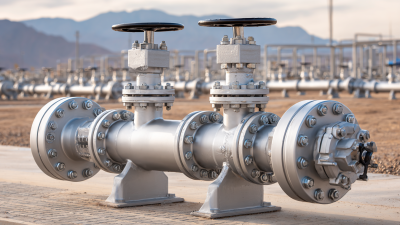
How to Evaluate the Cost Effectiveness of PVC Gate Valves for Your Procurement Needs
-
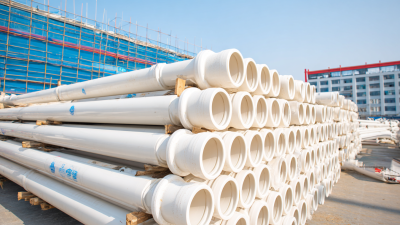
Comprehensive Guide to Choosing the Best Upvc Pipe Fittings for Your Project
-
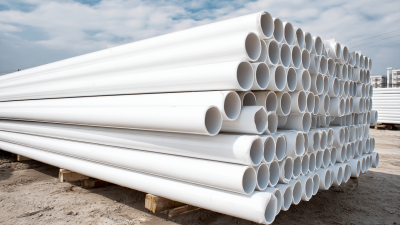
7 Essential Tips for Sourcing Upvc Pipes: What Every Global Buyer Needs to Know
-
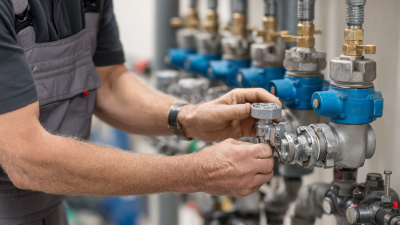
How to Choose the Right 1 Inch PVC Valves for Your Plumbing Needs
-
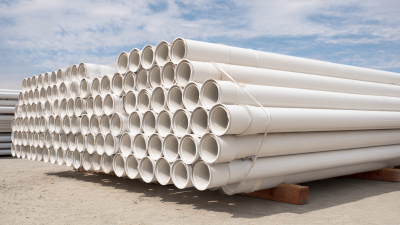
How to Choose the Right U Pvc Pipe for Your Project

Isabelle
Application

Underground pipeline
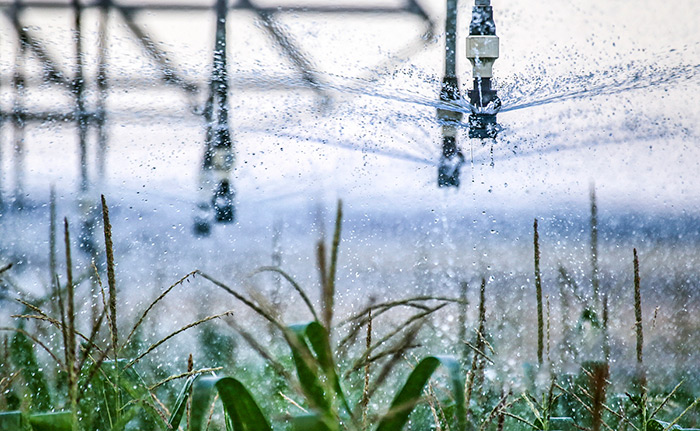
Irrigation System
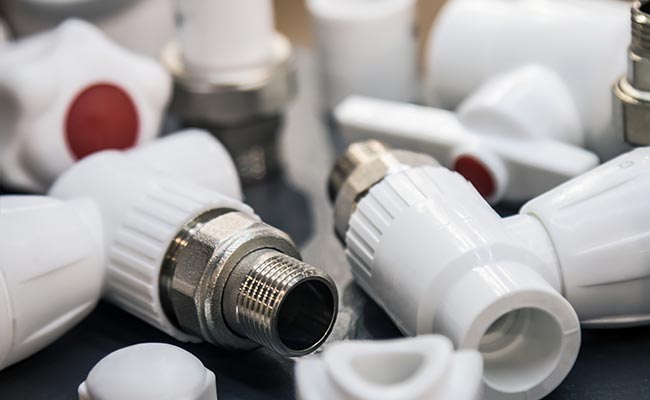
Water Supply System


